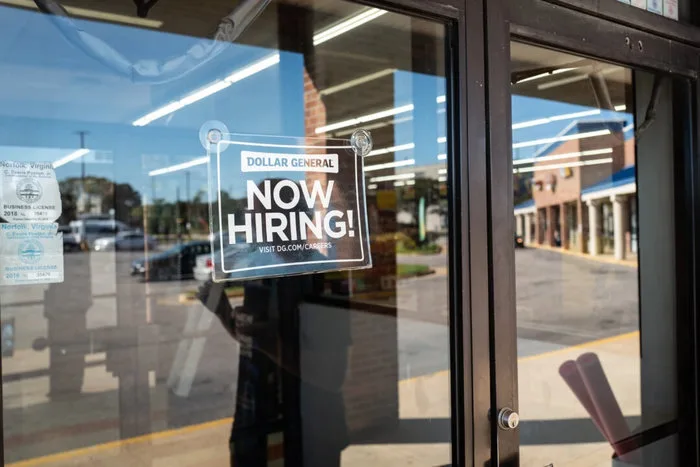By Naveen Athrappully
The government shutdown has frozen the Small Business Administration’s (SBA’s) lending programs across the United States, blocking around $2.5 billion from being disbursed to 4,800 small businesses across the country, the agency said in an Oct. 21 statement.
“Each business day the shutdown continues, an estimated 320 small businesses nationwide are unable to access $170 million in SBA-backed commercial loans,” SBA said, adding that during fiscal year 2025, SBA had guaranteed a record 84,400 loans worth $45 billion.
“The loan programs are funded by lender fees and operate at zero subsidy, or zero cost, to taxpayers.”
Small businesses in California are suffering the most, with 212 loans worth more than $126 million not approved every week of a shutdown, said the agency.
This was followed by Texas with 128 loans worth more than $88 million blocked per week, and Florida with 135 loans worth more than $76 million.
SBA Administrator Kelly Loeffler said that small business confidence is at a seven-year high due to President Donald Trump’s agenda to end unfair trade deals, cut down regulations, and reduce taxes.
This resulted in the disbursement of $45 billion worth of federally backed loans in fiscal 2025, which supported “historic hiring, expansion, and confidence” among businesses, she said.
“Senate Democrats have decided to cut off that momentum and that capital for Main Street, in favor of growing government spending by $1.5 trillion and blocking a clean funding bill to reopen the government,” Loeffler said.
“With the SBA’s loan programs shuttered, thousands of small businesses are now unable to access the vital funding they need to survive, let alone thrive—and will soon begin cutting hours and benefits, laying off workers, and contemplating closing up shop for good.”
The federal shutdown began on Oct. 1 after Republicans and Democrats were unable to pass a bill to keep the government funded.
Democrats insist that any deal must include the rollback of Medicaid cuts made in the One Big Beautiful Bill Act, signed into law by Trump in July.
Democrats also want an extension of enhanced subsidies under the Affordable Care Act set to expire by the end of the year.
Meanwhile, Republicans maintain that the shutdown and health care are two issues that must be considered separately.
Since the shutdown began, the Senate has voted 11 times on a bill to reopen the government, all of them ending up in failure. A bill needs 60 votes in the Senate to pass. Republicans currently have 53 seats in the chamber.
Last week, members of the U.S. Chamber of Commerce’s Small Business Council met with lawmakers on Capitol Hill, raising concerns about several issues, including the government shutdown.
In an Oct. 16 statement, the Chamber warned about the negative effects the shutdown was having on small businesses and the broader U.S. economy.
“The government shutdown is harming small businesses and costing American economic growth that can’t be recovered,” said Neil Bradley, executive vice president of the Chamber.
“This shutdown is already one of the longest, and there doesn’t appear to be a quick resolution in sight. The impacts to businesses are beginning to pile up, and impacting both their current and future growth. Businesses need government to function.”
Political Limbo
During an Oct. 21 press conference, House Minority Leader Rep. Hakeem Jeffries (D-N.Y.) blamed Republicans for the “health care crisis that they’ve created” and said they would “rather keep the government shut down than provide affordable health care and extend the tax credits for everyday Americans.”
“Democrats will continue to make clear that we will sit down anytime, anyplace, with anyone here at the Capitol or back at the White House in order to reopen the government, decisively address the Republican health care crisis and enact a spending agreement that actually makes life better for the American people,” he said.
Treasury Secretary Scott Bessent said in an Oct. 15 press conference that the shutdown was costing the U.S. economy up to $15 billion per week and called on Democrats to resolve the matter.
“We call on the moderate Democrats in the Senate to be heroes—be heroes,” he said. “Break away from the hive of radicalism and do something for the American people. We are starting to cut into muscle here.”
At the White House on Oct. 20, Trump said he was optimistic that Democrats would soon vote on funding the government and end the shutdown.
“We’re hoping … that we will get the vote pretty soon. And I hear they’re starting to feel that way, too,” he said. “They’re starting to feel like they really have to do what’s right for the country, and they will.”





